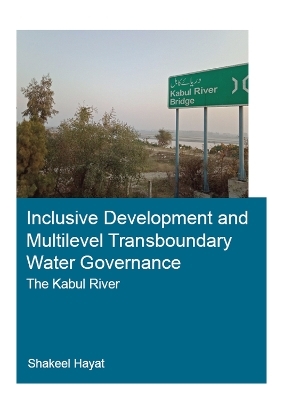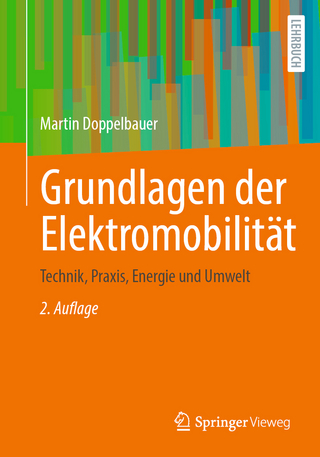
Inclusive Development and Multilevel Transboundary Water Governance - The Kabul River
CRC Press (Verlag)
978-0-367-50074-0 (ISBN)
The four decades long ideological-based insurgencies and conflict in the Kabul River Basin (KRB) have seriously hampered the relations and foreign policies of both Afghanistan and Pakistan. Consequently, it restricts them to solve various bilateral issues including transboundary waters. This lack of cooperation over shared water resources is one of the barriers to achieve inclusive and sustainable development. Additionally, it has contributed to the prevailing anarchic situation where each country does what it wants. The absence of a formal water-sharing mechanism coupled with poor water management practices within both the riparian counties are resulting various flow and administration-related challenges. Moreover, these challenges are further exacerbated by regional changes in social, political, environmental and economic systems. The scholarly literature suggests that an analytical transboundary water governance framework is essential to address the challenges of water politicisation and securitisation, quality degradation and quantity reduction. Additionally, the literature rarely integrates (a) a multi-level approach, (b) an institutional approach (c) an inclusive development approach, or (d) accounts for the uses of different types of water and their varied ecosystem services for improved transboundary water governance. To enhance human wellbeing and achieve inclusive and sustainable development in the KRB this research indicates that it is essential to: (1) defrost frozen collaboration; (2) bypass border dispute; (3) use biodiversity and ecosystem services approach; (4) address existing and potential natural and anthropogenic challenges; (5) remove contradictions in the policy environment; (6) combat resource limits and dependence by promoting collaboration on long-term cost effective solutions; and (7) enhance knowledge and dialogue on inclusive development.
Shakeel Hayat has diverse work experience in research, policy analysis and development practice with a multitude of national and international organisations in water governance and climate change. He completed his MSc in Climate Change and International Development from the University of East Anglia, UK and wrote thesis on "Power Politics and Water Governance in the Indus Basin". He has contributed in various peer reviewed articles and project reports on water governance including the Sustainable Development Goals. His current PhD project is a multi-disciplinary research revolving around institutional analysis of the Kabul River by proposing a (re)design of the governance framework at multiple geographic levels to deal with status-quo and achieve inclusive and sustainable development.
Introduction, Methodology & analytical framework, Approaches to transboundary water governance, Ecosystem services & human well-being, Global water institutions & its relationship with inclusive & sustainable development, Analysis of international relations in the Kabul River Basin (KRB), Analysis of water governance in Afghanistan, Analysis of multilevel freshwater governance in Pakistan, Multi-level integrated analysis focusing on issues for re-design, Conclusion.
| Erscheinungsdatum | 01.05.2020 |
|---|---|
| Reihe/Serie | IHE Delft PhD Thesis Series |
| Verlagsort | London |
| Sprache | englisch |
| Maße | 170 x 240 mm |
| Gewicht | 322 g |
| Themenwelt | Naturwissenschaften ► Biologie ► Ökologie / Naturschutz |
| Naturwissenschaften ► Geowissenschaften ► Hydrologie / Ozeanografie | |
| Technik ► Umwelttechnik / Biotechnologie | |
| ISBN-10 | 0-367-50074-4 / 0367500744 |
| ISBN-13 | 978-0-367-50074-0 / 9780367500740 |
| Zustand | Neuware |
| Informationen gemäß Produktsicherheitsverordnung (GPSR) | |
| Haben Sie eine Frage zum Produkt? |
aus dem Bereich


